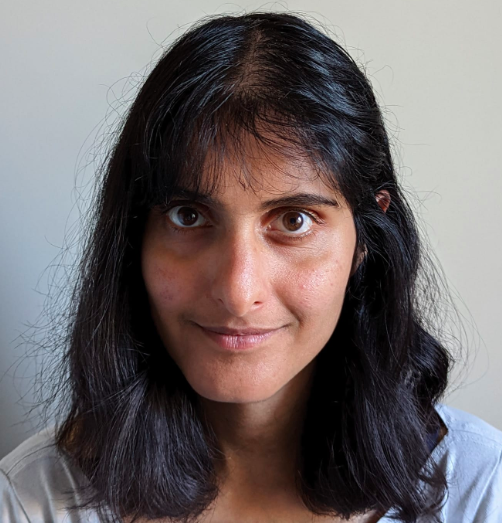Something Important to Me

Sitara Amin, KS3 History lead, and mother of one, explains how the chance to listen to peoples’ stories on maternity leave led to a new job opportunity and a promoted position closer to home.
What is the point of maternity leave? It’s a big question.
The obvious answer was staring at me in the face – spend time with my son, forget how to sleep, and again spend time with the small creature that was so helpless, so vulnerable and, let’s be honest, so cute.
I had the delight (!) of having a lockdown baby and therefore I had a lot of time to think. I never used to do professional development for myself – I did it for my classroom teaching – but never myself. So when offered the chance to look at something so important to me, I leapt at the chance.
I am a second generation Indian immigrant – my mother is from India and father from Pakistan, something more important arguably than my British citizenship. The story of migration and Empire is therefore so pertinent to how I teach, and how I behave around others, that I needed to look at it further.
I spent my maternity leave reading and listening. So many people began to talk to me about their lives, their stories, their families’ stories. I remember listening to someone who came across as part of the Kindertransport – describing the pain and worry she felt, the fears of not fitting in. She said her daughter was just like me: culturally confused. I couldn’t help but laugh sympathetically.
The MTPT Project enabled me to change how I taught, read and learnt, allowing me to embed years of teaching. It taught me that I remained a woman, a teacher, not just a mother, something I found very all encompassing when stuck for months at home or walking my son to sleep alongside the same bit of river. It allowed me to research the power of stories, the power of accounts and oral histories. It allowed me to look into stories of those who we would not often hear. I mean, who on their maternity leave gets to talk to Holocaust survivors and archivists…?!
I used all this research to apply for a job, to talk about stories and narratives, to talk about those forgotten: people like my mother and father, my grandparents and extended family. Like the woman down the road who wants to return to Uganda one day but is afraid of the reprisal from the local African communities. Or the Mexican lady who did not fit into our British narrative, let alone our ethnicity breakdowns.
I got a new job, part time, 3 miles from my home instead of the 30 I was travelling before, something that changed my life for the better. A half term later I was promoted to Head of KS3 History.
22% of our leavers every year are women aged 30-39, and I can sometimes see why: I am exhausted and tired from work and having an especially energetic two-year-old (who knows, this could be normal), and the nursery bills are just crippling. But the MTPT project enabled, yes, enabled me to push doors, to being a better teacher and actually a better mother.